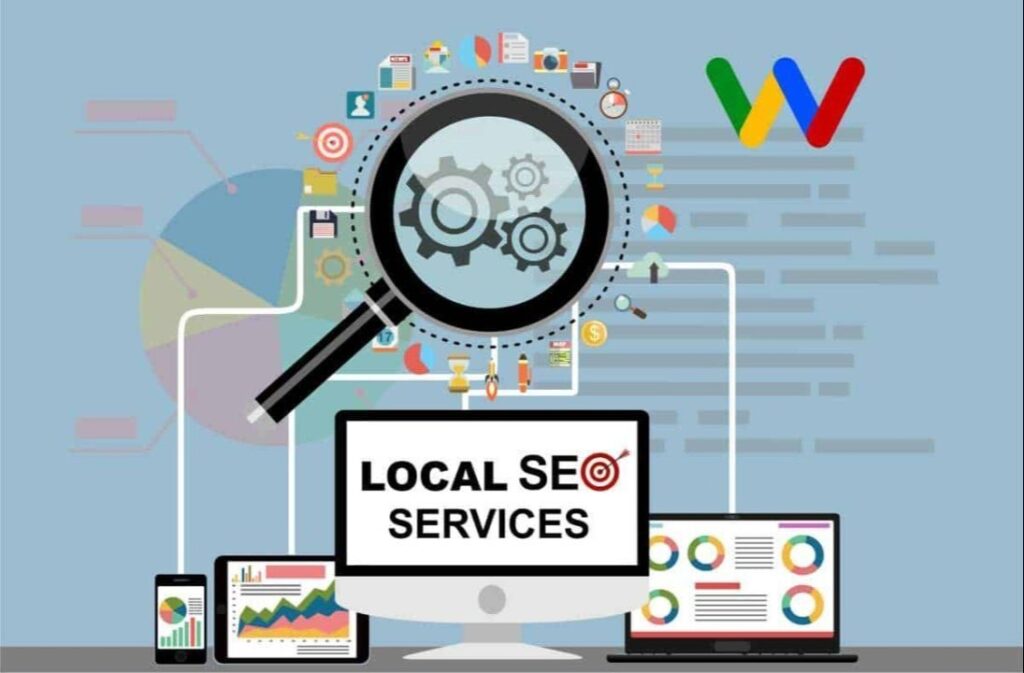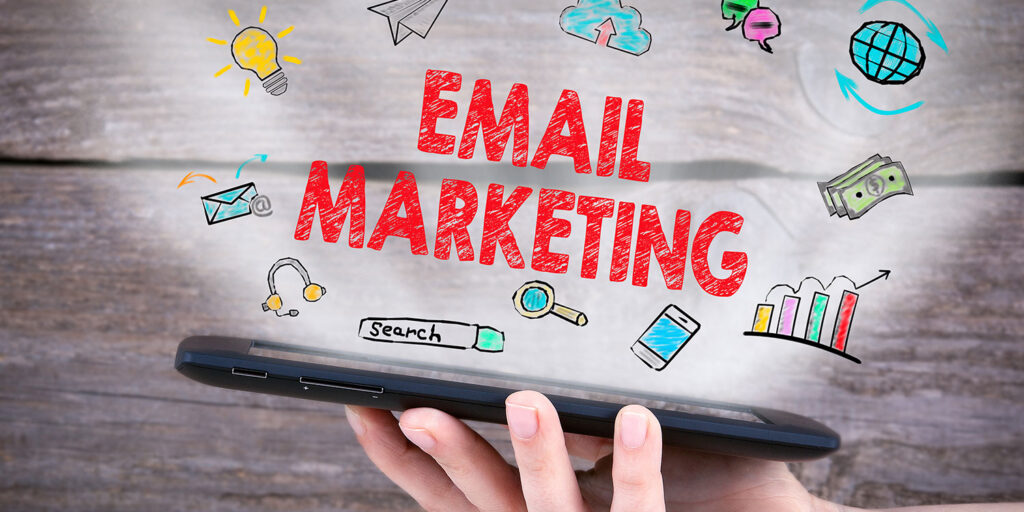Maximizing Your Business Potential with Local SEO Services
In today’s digital age, having an online presence is crucial for any business, but simply having a website is not enough. To truly stand out in your local market and attract nearby customers, investing in Local SEO (Search Engine Optimization) services is key. Local SEO helps your business rank higher in search engine results for location-specific queries, making it easier for potential customers to find you. In this blog post, we’ll explore the importance of Local SEO Services and how they can help your business grow.

What is Local SEO?
Local SEO is the process of optimizing your online presence to attract more business from relevant local searches. These searches occur on Google and other search engines, and they typically include terms like “near me” or specific city names. For example, if someone searches for “coffee shop near me” or “plumber in Los Angeles,” businesses that have optimized their websites for Local SEO are more likely to appear at the top of the search results.
Why is Local SEO Important?
Increased Online Visibility: Local SEO services ensure that your business appears in local search results, Google Maps, and other location-based searches. This increased visibility leads to more website traffic, phone calls, and in-store visits.
Targeted Traffic: Unlike traditional advertising methods that cast a wide net, Local SEO targets customers in your specific area who are actively searching for the products or services you offer. This means you’re reaching people who are more likely to convert into paying customers.
Better ROI: Investing in Local SEO often results in a higher return on investment compared to other marketing strategies. By targeting local customers, you’re spending your marketing budget more efficiently, leading to more leads and sales.
Enhanced Credibility and Trust: Businesses that appear at the top of local search results are often perceived as more credible and trustworthy. Google’s ranking algorithms prioritize businesses with accurate and complete information, positive reviews, and active online engagement, all of which contribute to your business’s reputation.
Key Components of Local SEO Services
Local SEO is a multifaceted strategy that involves various tactics to boost your online presence. Here are some key components of effective Local SEO services:
Google My Business Optimization: Creating and optimizing your Google My Business (GMB) profile is a cornerstone of Local SEO. A well-maintained GMB profile ensures your business appears in local search results and Google Maps, complete with accurate information like your address, phone number, and hours of operation.
Local Citations: Consistent and accurate business listings across various online directories (like Yelp, Yellow Pages, and local chamber of commerce sites) are crucial for Local SEO. These citations help search engines verify your business’s legitimacy and improve your local search rankings.
On-Page SEO: This involves optimizing your website’s content with local keywords, meta tags, and structured data to ensure search engines understand your business’s relevance to local searches. Incorporating location-based keywords naturally into your site’s content is essential.
Customer Reviews and Ratings: Encouraging satisfied customers to leave positive reviews on platforms like Google, Yelp, and Facebook can significantly impact your Local SEO. Reviews not only improve your search rankings but also build trust with potential customers.
Local Link Building: Earning backlinks from reputable local websites, blogs, and news outlets can boost your website’s authority and improve its local search rankings. This could include partnering with local businesses, sponsoring local events, or getting featured in local media.
Mobile Optimization: With the majority of local searches happening on mobile devices, having a mobile-friendly website is critical. Mobile optimization ensures that your site loads quickly and provides a seamless user experience on smartphones and tablets.

How Local SEO Services Can Benefit Your Business
Investing in Local SEO services can have a profound impact on your business’s growth and success. Here’s how:
Attract More Customers: By appearing at the top of local search results, you can attract more local customers who are ready to make a purchase.
Build Stronger Community Ties: Local SEO helps you connect with your community, whether through partnerships with other local businesses or by appearing in local news outlets.
Stay Competitive: Many businesses are already leveraging Local SEO to gain an edge over competitors. By optimizing your local presence, you ensure that you’re not left behind.
Adapt to Changing Consumer Behavior: As more consumers turn to online searches to find local businesses, adapting your marketing strategy to include Local SEO is crucial.
In a world where consumers are increasingly reliant on search engines to find local businesses, optimizing your online presence with Local SEO services is essential. Whether you’re a small business owner looking to increase foot traffic or a service provider aiming to generate more leads, Local SEO can help you achieve your goals. By investing in these services, you’ll not only boost your visibility but also build trust, attract more customers, and ultimately drive more revenue.













